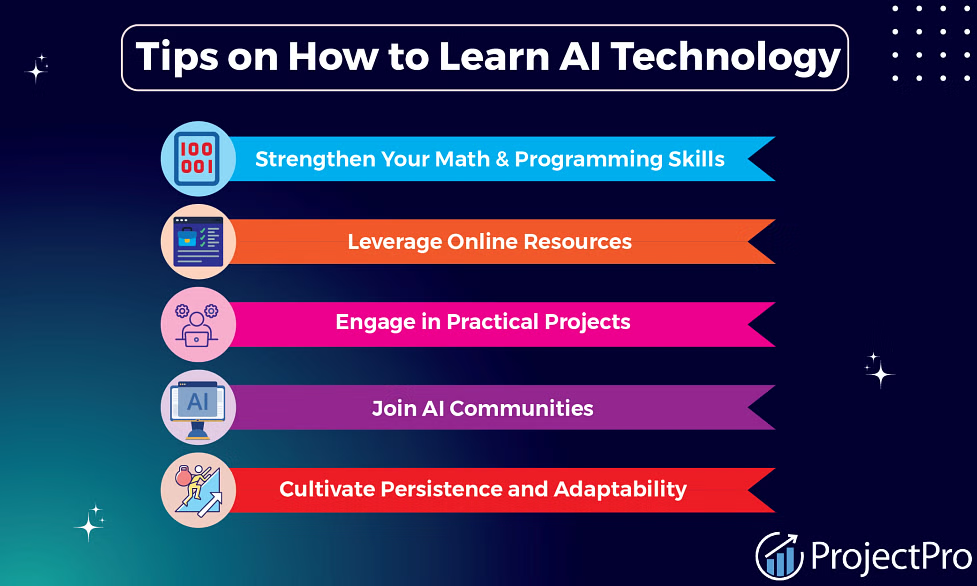Artificial Intelligence (AI) is one of those buzzwords you hear everywhere — in tech blogs, business meetings, and even casual conversations. But what exactly is artificial intelligence? Is it robots taking over the world, or is it something more practical, already integrated into our daily lives?
In this article, we’ll break down what AI really means, how it works, and where you see it in action today. Whether you’re a curious beginner, a business owner, or just someone who wants to understand the basics, this guide is for you.
What is Artificial Intelligence?
Artificial Intelligence, or AI, refers to the simulation of human intelligence in machines that are programmed to think, learn, and make decisions. In simple terms, AI enables computers and devices to mimic human behavior and decision-making.
There are three main types of AI:
- Narrow AI: Designed to perform a specific task (e.g., voice assistants like Siri or Alexa).
- General AI: Hypothetical machines with the ability to perform any intellectual task a human can do.
- Superintelligent AI: A futuristic concept where AI surpasses human intelligence.

How Does AI Work?
At its core, artificial intelligence relies on algorithms, data, and computing power. Here’s how it works in a simplified way:
- Data Collection: AI systems learn from large volumes of data.
- Algorithms: These are sets of rules the system follows to analyze data.
- Machine Learning: A subset of AI that allows systems to improve over time without explicit programming.
- Neural Networks: Inspired by the human brain, these help machines recognize patterns, like identifying faces in photos.
Real-World Examples of Artificial Intelligence
AI is already part of your life, even if you don’t realize it. Here are some real-world examples:
- Virtual Assistants Tools like Google Assistant and Siri use AI to understand and respond to voice commands.
- Recommendation Systems Netflix, Amazon, and Spotify use AI to suggest movies, products, or songs based on your behavior.
- Email Filtering Your email’s spam filter uses AI to detect and block unwanted messages.
- Navigation Apps Google Maps uses AI to suggest the fastest route based on real-time traffic data.
- Healthcare AI helps in diagnosing diseases, reading X-rays, and even predicting patient outcome. Customer Service Chatbots Many websites now use AI-powered chatbots to answer FAQs and guide customers
Why is Artificial Intelligence Important?
AI has the potential to solve complex problems, improve efficiency, and transform industries. Here’s why it matters:
- Automation: AI can automate repetitive tasks, saving time and money.
- Personalization: Businesses use AI to create personalized user experiences.
- Decision Support: AI can analyze massive datasets to support better decision-making.
- Innovation: From self-driving cars to smart homes, AI is driving innovation.

Actionable Tips to Understand and Use AI
If you’re interested in learning more about artificial intelligence or using it in your daily life, here are some simple tips: Take an Introductory Course Free platforms like Coursera and edX offer beginner-friendly AI courses. Explore AI Tools Try AI tools like ChatGPT, Jasper, or Canva’s AI design assistant to get hands-on experience. Follow AI News and Blogs Stay updated with developments by following trusted sources like MIT Technology Review or Wired. Use AI in Your Work Whether you’re in marketing, sales, or education, explore how AI can streamline your workflow.
Final Thoughts
Artificial intelligence is more than just a tech trend — it’s a transformative force already reshaping our world. By understanding what AI is and how it works, you can better navigate the modern digital landscape and even harness its power in your own life or business.
Whether you’re using it to organize your inbox, enhance customer experiences, or just binge-watch a good show, artificial intelligence is here to stay. And learning about it today could give you a big advantage tomorrow.



Add comment
You must be logged in to post a comment.